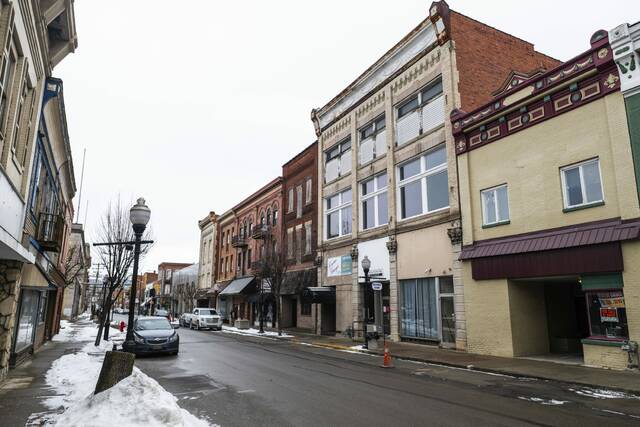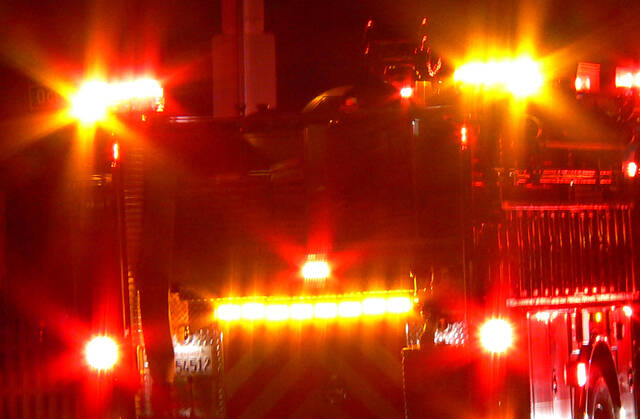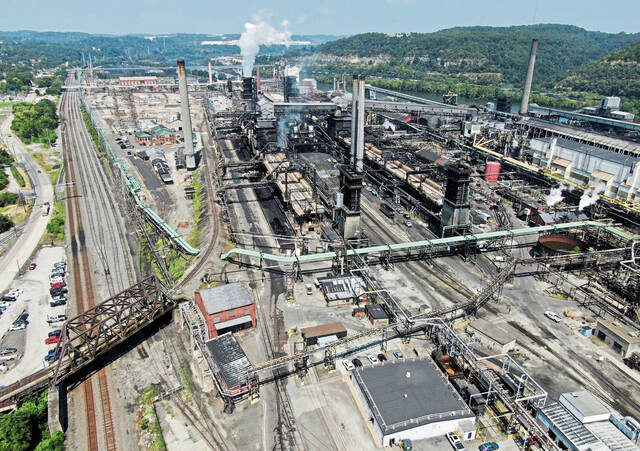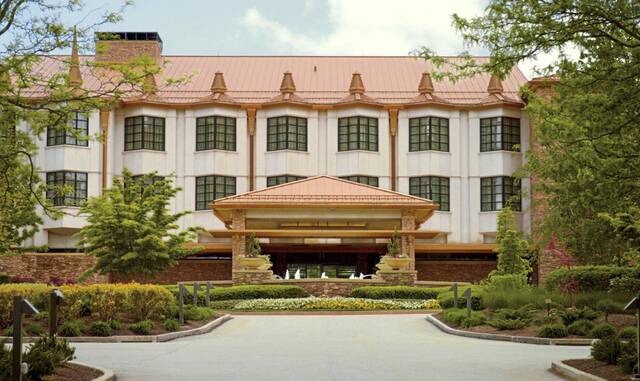Pennsylvanians dealing with dental emergencies and needing to see a dentist or an oral surgeon are out of luck.
The Pennsylvania State Department of Health has ordered all dental offices to stop performing emergency operations during the covid-19 crisis, effectively shutting the offices down.
”Right now I would say that there is no dental care in the entire state of Pennsylvania, there is no access to care, a filling to an extraction,” said Pittsburgh dentist Eric Smiga.
The shutdown is because of the state mandate that neither dentists nor oral surgeons can stay open without negative pressure rooms and N95 masks, equipment that dentists don’t have.
“The only places those are is in some of the intensive care units in some of the hospitals and there is only a few of those rooms in a hospital,” said Smiga.
For patients seeking emergency dental care, it’s become a Catch-22. Hospitals have negative pressure rooms but they are dealing with the covid-19 pandemic and likely would not be able to see patients with dental problems.
“I’m frustrated,” said Dr. Steven C. Levine, owner of a dental practice in Penn Center in Wilkins. “My concern is because I can’t help my patients with their dental problem, they will resort to going to the hospital emergency room for treatment instead. That’s where they are at tremendous risk for contracting a potentially deadly viral infection and they still won’t be helped for their dental problem.”
Added to those concerns is evidence published in the Journal of the American Dental Association that patients in extreme pain seeking treatment at a non-dental source, such as a hospital emergency room, are most likely to get a prescription with an opioid-containing pain reliever.
“I never really prescribed narcotics,” Levine said. “My concern is the patient isn’t going to be provided definitive treatment for their dental condition but they are going to be given opioids or antibiotics, which otherwise would not be indicated.”
Dentists, meanwhile, feel that their hands are tied when it comes to meeting the state’s requirements.
“There is no way to create a negative pressure room environment,” said Smiga. “I would assume somebody could build one but it would take six-plus months and it would put the vast majority of dentists out of business. It would require everyone to rebuild their facilities. The dental schools don’t even have this.”
The University of Pittsburgh School of Dental Medicine, which has an emergency dental clinic, was also required to shut down.
Pennsylvania Health Secretary Dr. Rachel Levine said the dental guidelines were consistent with Centers for Disease Control and Prevention regulations. But Smiga called the state’s move an embarrassment.
“They did not seek any counsel from the American Dental Association, the Pennsylvania Dental Association nor any of the deans of the dental schools in the state of Pennsylvania,” said Smiga.
In addition to feeling anxious about not being able to treat their patients, some dentists are worried about whether their practices can survive the economic crisis associated with covid-19.
“With what it costs to run a small dental practice like mine, it won’t be many weeks before I won’t be solvent anymore,” said Levine, the dentist. “My expenses are huge in a dental practice. Everybody’s are. I think you are going to see a lot of casualties from a business standpoint.”
Pennsylvania dental school deans, including Pitt’s Bernard J. Costello, are planning to meet with state officials to express their concerns. For her part, Levine said she will work with the dental schools and dental association to determine how do deal with the problems they foresee.
“We heard from many dentists, the dental association, and dental schools about those challenges,” Levine said.
Smiga said so far his patients have been understanding, but if the state doesn’t change its stance, as more and more people end up having to live with extreme pain and swelling, there will be a backlash.
“We were willing to work and see patients,” said Smiga. “We’re a small business and we were willing to work at a loss to try and help the community because emergency care doesn’t pay the bills. But now we can’t even help our community at this time so I’m literally sitting in my house, cleaning out my desk.”








